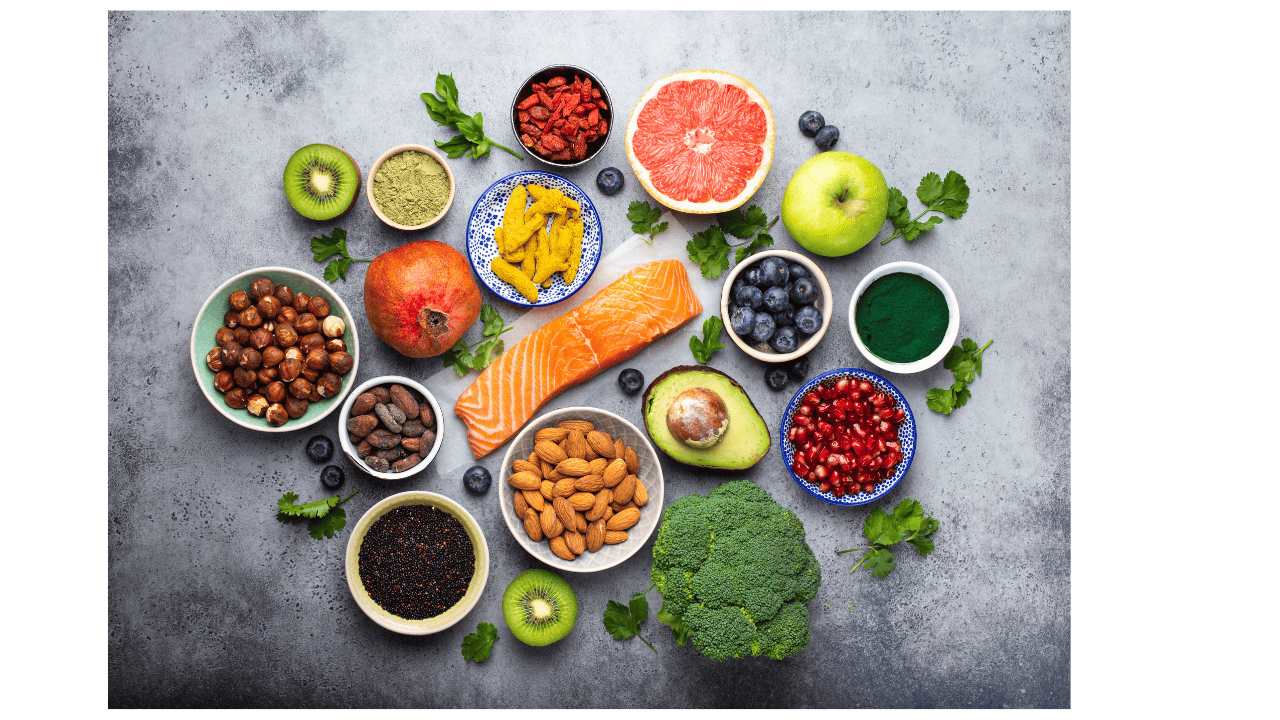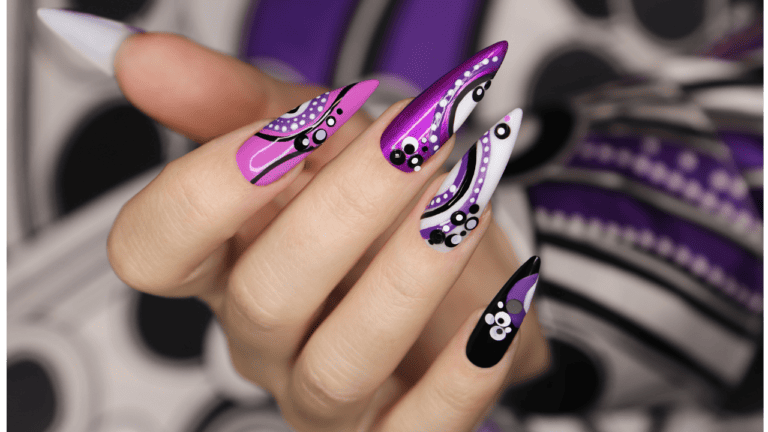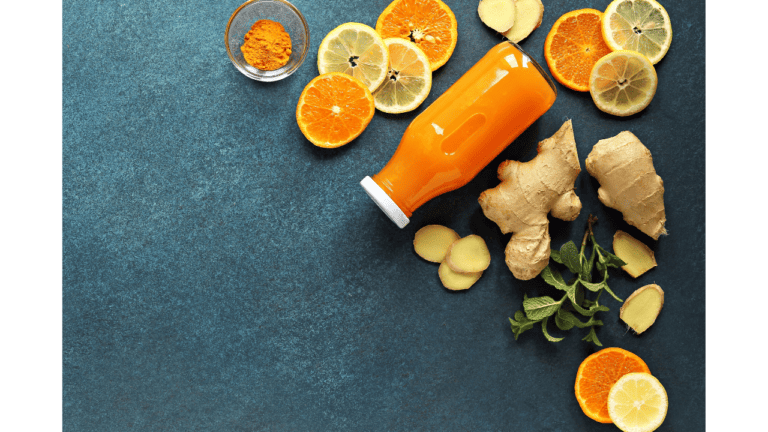Superfoods for glowing skin have become increasingly popular in the world of skincare. The foods we eat can have a significant impact on the health and appearance of our skin. Superfoods are nutrient-dense foods that are high in vitamins, minerals, and antioxidants, which can help to promote healthy skin. By incorporating these foods into your diet, you can help to improve your skin’s overall health and appearance.
Understanding Skin Health is crucial for achieving a healthy and glowing complexion. The skin is the largest organ in the body and plays a vital role in protecting us from external factors such as pollution, UV radiation, and toxins. The skin is also responsible for regulating body temperature, retaining moisture, and eliminating waste. By nourishing the skin with the right nutrients, we can help to maintain its health and function.
Key Takeaways
- Superfoods are nutrient-dense foods that can help to promote healthy skin.
- Understanding skin health is crucial for achieving a healthy and glowing complexion.
- By incorporating key superfoods into your diet and practicing a healthy lifestyle, you can help to improve your skin’s overall health and appearance.
Understanding Skin Health
Maintaining healthy skin requires a combination of internal and external factors. While external factors such as pollution, UV radiation, and harsh skincare products can damage the skin, internal factors such as nutrition play a crucial role in maintaining healthy skin.
Role of Nutrition in Skin Health
Nutrition plays a vital role in maintaining skin health. A balanced diet that includes a variety of nutrient-dense foods can help improve skin health and appearance. Nutrients such as vitamins A, C, and E, zinc, and omega-3 fatty acids have been shown to improve skin health by promoting collagen production, reducing inflammation, and protecting against UV damage.
Foods that are rich in antioxidants such as berries, leafy greens, and nuts can help protect the skin from oxidative stress caused by free radicals. Antioxidants neutralize free radicals, reducing their ability to damage the skin. Additionally, consuming foods that are high in water content such as cucumbers and watermelon can help keep the skin hydrated, reducing the appearance of fine lines and wrinkles.
Impact of Free Radicals and Antioxidants
Free radicals are unstable molecules that can damage cells, including those in the skin. Free radicals are produced naturally in the body as a byproduct of metabolism, but they can also be produced by external factors such as pollution and UV radiation. When free radicals damage skin cells, they can cause premature aging, wrinkles, and other skin damage.
Antioxidants are compounds that can neutralize free radicals, reducing their ability to damage the skin. Consuming foods that are rich in antioxidants such as blueberries, spinach, and dark chocolate can help protect the skin from oxidative stress caused by free radicals. Additionally, using skincare products that contain antioxidants such as vitamin C and E can help protect the skin from free radical damage.
In conclusion, maintaining healthy skin requires a combination of internal and external factors. A balanced diet that includes a variety of nutrient-dense foods can help improve skin health and appearance. Consuming foods that are rich in antioxidants can help protect the skin from oxidative stress caused by free radicals.
Key Superfoods for Glowing Skin
When it comes to achieving healthy and glowing skin, what you eat is just as important as what you use on your skin. Incorporating superfoods into your diet can help improve your skin’s appearance and overall health. Here are some of the key superfoods that can help you achieve glowing skin:
Fruits High in Antioxidants
Antioxidants help protect your skin from damage caused by free radicals, which can contribute to premature aging. Berries, such as blueberries, strawberries, and raspberries, are high in antioxidants and are easy to incorporate into your diet. Oranges are also a great source of vitamin C, which is an antioxidant that helps brighten and even out skin tone.
Vegetables Rich in Vitamins
Vegetables are packed with vitamins and minerals that are essential for healthy skin. Spinach, kale, and broccoli are all rich in vitamin E, which helps protect your skin from damage caused by UV rays. Tomatoes are high in vitamin C and lycopene, which can help improve skin texture and reduce the appearance of fine lines and wrinkles.
Healthy Fats from Fish and Nuts
Omega-3 fatty acids are essential for healthy skin, and fish like salmon, mackerel, and sardines are all great sources of this nutrient. These fatty acids help keep your skin hydrated and can also reduce inflammation. Nuts, such as walnuts and almonds, are also a good source of healthy fats and can help improve skin texture.
Seeds and Legumes for Skin Repair
Chia seeds are a great source of omega-3 fatty acids and also contain antioxidants called flavonoids and polyphenols, which can help protect your skin from damage. Legumes, such as lentils and chickpeas, are high in protein and can help repair and regenerate skin cells.
Incorporating these key superfoods into your diet can help improve your skin’s appearance and overall health. Remember to also drink plenty of water and use sunscreen to protect your skin from damage caused by UV rays.
Nutritional Components Affecting Skin
The foods we eat play a significant role in the health of our skin. Nutrients such as vitamins, minerals, proteins, and healthy fats are essential for maintaining skin elasticity, preventing premature aging, and promoting a healthy, glowing complexion.
Vitamins and Minerals for Skin Elasticity
Vitamins and minerals are crucial for maintaining healthy skin. Vitamin A, found in foods such as sweet potatoes and carrots, is essential for skin elasticity. Vitamin K, present in leafy greens like spinach and kale, helps reduce dark circles and bruises. Selenium, found in nuts and seafood, and zinc, present in whole grains and legumes, are essential for maintaining healthy skin and preventing acne.
Proteins and Amino Acids
Proteins and amino acids are the building blocks of our skin. Consuming protein-rich foods such as lean meat, fish, and legumes can help repair and regenerate skin cells. Amino acids like proline and glycine, found in collagen-rich foods like bone broth and gelatin, can help improve skin elasticity and reduce the appearance of wrinkles.
Healthy vs. Unhealthy Fats
Consuming healthy fats like omega-3 fatty acids, found in fatty fish and chia seeds, can help reduce inflammation and improve skin hydration. Unhealthy fats like trans fats and saturated fats, found in processed foods and fried foods, can increase inflammation and lead to skin damage.
Hydration and Its Effect on Skin
Staying hydrated is essential for maintaining healthy skin. Drinking enough water throughout the day can help flush out toxins and improve skin elasticity. Dehydration can lead to dry, dull skin and exacerbate the appearance of wrinkles and fine lines.
In conclusion, consuming a diet rich in vitamins, minerals, proteins, and healthy fats, and staying hydrated can help promote healthy, glowing skin. By incorporating nutrient-rich foods into their diet, individuals can improve skin elasticity, prevent premature aging, and achieve a healthy, radiant complexion.
Lifestyle Factors and Skin Care
Maintaining healthy skin goes beyond just what one eats. Lifestyle factors such as sun exposure, managing inflammation and irritation, and the role of sugar and glycemic index can all play a part in skin health.
Sun Exposure and Skin Protection
Overexposure to UV rays can cause sun damage, which can lead to premature aging, hyperpigmentation, and even skin cancer. It is important to wear sunscreen with at least SPF 30 and reapply every two hours when spending time outdoors. Additionally, wearing protective clothing such as a hat and sunglasses can also help minimize sun damage.
Managing Inflammation and Irritation
Inflammation and irritation can lead to a host of skin problems such as acne, rosacea, and eczema. Incorporating anti-inflammatory properties into one’s diet and skincare routine can help manage these issues. Some examples of anti-inflammatory foods include turmeric, ginger, and green leafy vegetables. On the other hand, some foods such as dairy and processed foods can exacerbate inflammation and should be avoided.
The Role of Sugar and Glycemic Index
Sugar and high glycemic index foods can cause a spike in insulin levels, which can lead to inflammation and breakouts. It is important to limit processed sugars and opt for low glycemic index foods such as sweet potatoes, berries, and quinoa. Additionally, incorporating healthy fats such as avocados and nuts can help regulate insulin levels and promote healthy skin.
Overall, taking care of one’s skin involves a combination of healthy lifestyle choices and skincare practices. By being mindful of sun exposure, managing inflammation and irritation, and being mindful of sugar intake, one can promote healthy, glowing skin.
Special Considerations
Consulting with Dermatologists and Nutritionists
While superfoods can be beneficial for skin health, it is important to consult with a dermatologist or nutritionist before making any significant changes to one’s diet or skincare routine. These professionals can provide individualized advice based on one’s specific skin concerns and medical history. They can also recommend supplements or superfoods that are safe and effective for each person.
Supplements and Superfoods
While incorporating superfoods into one’s diet can be beneficial for overall health and skin health, it is important to remember that supplements should not replace a healthy diet. In some cases, supplements may even have negative side effects or interact with medications. It is best to consult with a healthcare professional before taking any supplements.
Addressing Specific Skin Concerns
Different superfoods may be more beneficial for addressing specific skin concerns. For example, those with acne-prone skin may benefit from incorporating foods high in zinc, such as pumpkin seeds and spinach, into their diet. Those with dry skin may benefit from consuming foods high in healthy fats, such as avocado and salmon.
For those with specific skin concerns such as pigmentation, fine lines, wrinkles, psoriasis, or dark under-eye circles, it is important to consult with a dermatologist or nutritionist to determine the best course of action. While superfoods may be beneficial, they may not be enough to address these concerns on their own. A combination of a healthy diet, skincare routine, and professional treatments may be necessary to achieve desired results.
Superfoods in Daily Skincare Routine
Incorporating superfoods into your daily skincare routine can help you achieve glowing and healthy skin. There are two ways to do this: by incorporating superfoods into your meals and by applying nutrient-rich foods topically to your skin.
Incorporating Superfoods into Meals
Including superfoods in your diet is a great way to nourish your skin from within. Avocado, for example, is a great source of healthy fats, which can help keep your skin moisturized and supple. Sweet potatoes are also a great option as they are high in vitamin A, which can help improve skin texture and reduce the appearance of wrinkles.
Green tea is another superfood that can help improve skin health. It is rich in antioxidants, which can help protect your skin from damage caused by free radicals. Drinking green tea regularly can also help reduce inflammation, which can lead to clearer and brighter skin.
Topical Application of Nutrient-Rich Foods
Topical application of nutrient-rich foods can also help improve skin health. Turmeric, for example, is a powerful anti-inflammatory and antioxidant, which can help reduce the appearance of dark spots and fine lines. Ginger is another superfood that can help improve skin health. It contains compounds that can help improve blood circulation, which can lead to a brighter and more even complexion.
Using avocado oil topically can also help improve skin health. It is rich in vitamin E and fatty acids, which can help moisturize and nourish the skin. Applying avocado oil to the skin can also help reduce inflammation and improve skin elasticity.
Incorporating superfoods into your daily skincare routine can help you achieve healthy and glowing skin. Whether you choose to include them in your meals or apply them topically, these nutrient-rich foods can provide your skin with the essential vitamins and minerals it needs to look its best.
Frequently Asked Questions
What are the top fruits recommended for enhancing skin radiance?
Fruits are an excellent source of vitamins and antioxidants that can help enhance skin radiance. Some of the top fruits recommended for glowing skin include berries, citrus fruits, papaya, and watermelon. Berries are rich in vitamin C and antioxidants that can help protect the skin against damage from free radicals. Citrus fruits are also high in vitamin C and can help brighten the skin. Papaya contains papain, an enzyme that can help exfoliate the skin and improve skin texture. Watermelon is rich in lycopene, an antioxidant that can help protect the skin against UV damage.
Which foods should be avoided to maintain a glowing complexion?
To maintain a glowing complexion, it is best to avoid processed foods, sugary foods, and foods that are high in saturated and trans fats. These foods can contribute to inflammation in the body, which can lead to skin problems such as acne and premature aging.
Can certain superfoods improve the health of both skin and hair?
Yes, certain superfoods such as avocados, nuts, and seeds can improve the health of both skin and hair. Avocados are rich in healthy fats and vitamins that can help moisturize the skin and strengthen hair. Nuts and seeds are high in vitamins, minerals, and healthy fats that can help nourish the skin and hair.
How can diet contribute to achieving glowing skin within a month?
Diet can contribute to achieving glowing skin within a month by incorporating nutrient-dense foods such as fruits, vegetables, whole grains, lean protein, and healthy fats. These foods can help provide the body with the nutrients it needs to support healthy skin and improve skin radiance.
Are there any vegetables particularly effective for skin luminosity?
Yes, certain vegetables such as sweet potatoes, spinach, and broccoli are particularly effective for skin luminosity. Sweet potatoes are rich in beta-carotene, a nutrient that can help improve skin radiance. Spinach is high in antioxidants and vitamins that can help protect the skin against damage from free radicals. Broccoli is rich in vitamins C and E, which can help improve skin texture and tone.
What dietary changes can lead to visibly glowing skin in a short period?
Dietary changes that can lead to visibly glowing skin in a short period include increasing water intake, reducing sugar intake, and incorporating more fruits and vegetables into the diet. Drinking plenty of water can help hydrate the skin and improve skin texture. Reducing sugar intake can help reduce inflammation in the body, which can lead to clearer skin. Incorporating more fruits and vegetables into the diet can help provide the body with the nutrients it needs to support healthy skin.






